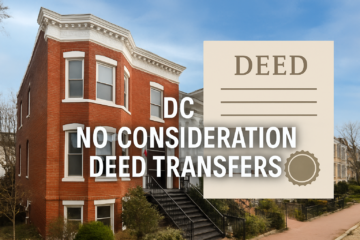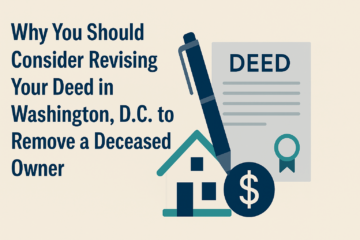In the digital age, the convenience of online notarization is undeniable. However, understanding its legality can be confusing. This guide will help clarify whether online notarization is legal in your state and what you need to know.
Online Notarization in Maryland
Each state has its own regulations regarding online notarization. Start by reviewing your state’s current laws to see if online notarization is permitted. This can often be found on your state’s legislative or Secretary of State website. Keep an eye out for any recent updates or changes, as these laws can evolve quickly.
For instance, Remote Online Notarization (RON) has been approved in a significant number of states, but the specifics can vary significantly.
It may not surprise you to learn that the adoption of online notarization laws has accelerated in recent years. This change is part of a broader shift towards embracing digital solutions in legal processes, which reflects the growing demand for more accessible and efficient options.
Maryland adopted RON starting in 2021. At Gentile Property Law Office, we are registered with the state of Maryland as an RON. Therefore, we are able to conduct remote online notarizations for clients, saving them time and money.
Know the Requirements for Online Notarization
Even if online notarization is allowed in your state, there may be specific requirements you need to meet, such as using approved technology platforms or verifying your identity in specific ways. Some states may also require notaries to register or undergo additional training to perform these services.
Understanding the necessary technology platforms for online notarization is crucial. Many states have specific platforms that are approved for use, and utilizing these correctly ensures that the process is both legal and effective.
Additionally, states often mandate certain security measures to protect against fraud during the notarization process. This might include the use of secure, encrypted communication channels to conduct the notarization, which is vital for maintaining the integrity and legality of the service.
At Gentile Property Law Office, we utilize Stavvy, a state-approved platform. Stavvy is in compliance with Maryland law, allowing our clients to feel safe and secure.
Seek Legal Guidance
If you’re uncertain about the specifics, consulting a legal professional can provide clarity on your state’s stance on online notarization. Legal experts can offer personalized advice based on the latest rules and regulations.
Legal professionals can also assist in interpreting complex legislation surrounding online notarization. In scenarios where laws are ambiguous or in flux, a lawyer familiar with notary regulations can be an invaluable resource.
Remember, while general information is helpful, each individual’s situation is unique. Engaging with someone skilled in the specifics of your state’s legal landscape ensures that you’re making informed decisions.
Understanding Online Notarization Legality
Navigating the world of online notarization can seem daunting, but with the right information, you can easily determine its legality in your state. Be sure to consult reliable state resources or legal professionals if you have further questions.




0 Comments